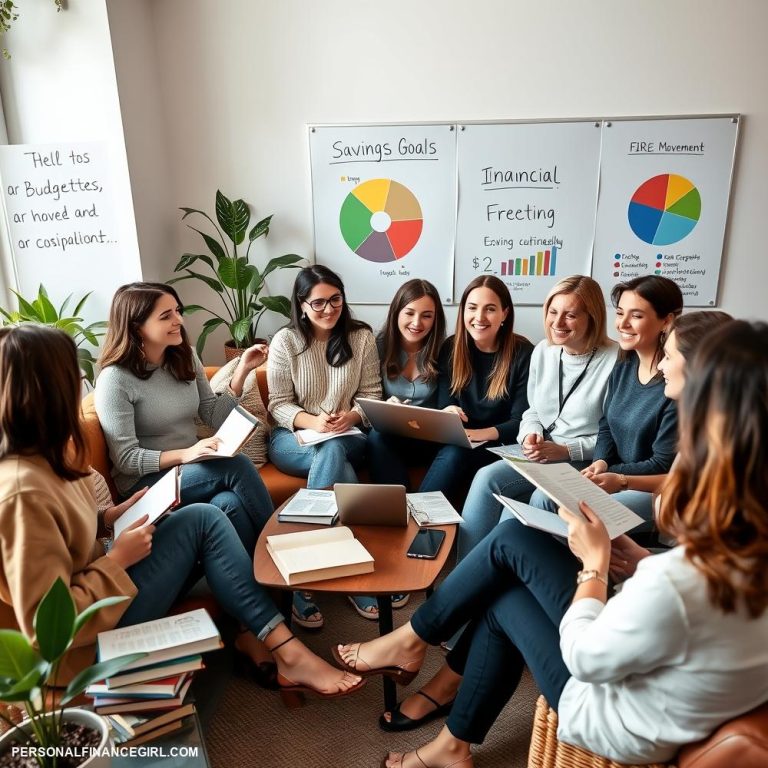Americans Aren’t Financially Educated – Here’s How to Take Control of Your Financial Life
America has a massive financial literacy problem.
There are no federal mandates for financial education of our youth. Only 23 states require students to take one course in personal finance in order to graduate, according to the Council for Economic Education.
Yet we wonder why certain people just aren’t getting ahead in life.
5 Principles of Financial Literacy
The five principles of financial literacy are earn, spend, save and invest, borrow, and protect.
The Biden federal government attempted to cancel $1 billion in student loans. While that is just a mere fraction of the bulk of student loan debt, and the loans were forgiven only for negligent universities and those that closed down abruptly, most newspaper headlines don’t present it that way. As many as 60 to 80% of Americans read headlines, not articles. So, this type of announcement sets a precedent for public thought on student loans.
A loan is a contract between two parties.
I graduated with $60k in student loans, and paying them off taught me many financial management lessons. It is through financial education that I was able to:
- earn six figures as a twenty-something (without a master’s degree)
- move abroad
- afford my wardrobe
- travel to 23 countries around the world
- start a small business and quit my job by 28
- grow wealth through investing
Politicians care more about being liked than making unpopular decisions.
Only around 16% of people searching for a financial advisor are women.
Women are also far less likely to invest in the stock market, which is crucial for creating sustainable wealth.
Inflation
Do you know why something that cost $1 in 1970 costs $6.54 today?
I’m not trying to patronize but rather educate those who do not know!
It’s because of… Inflation?
Every year, the value of our money goes down – nearly 4% per year, on average during the last 50 years.
Why isn’t this taught in schools?
Probably because governments around the world use inflation as a way to pay off their foreign debts at a cheaper price, since the money is worth less each year.
The good thing is, you can use this to your advantage by borrowing money to buy assets.
What does inflation have to do with you? Well, let’s say you have $1,000 in a Savings account. The bank might pay you 1 or 2 % to store it there each year, but that still doesn’t make up for the depreciation in value due to inflation (~3.83%). In one of my accounts, the interest rate dropped from 2% to .3% due to the pandemic. So I will lose about ~3.53% of the purchasing power of my money this year, IF I just let it sit in the account.
In order to counter inflation, you must invest your money so that it can grow instead of shrink. The stock market is historically one of the best ways to increase wealth long term and more women should invest in it.
The S&P 500 is an index of the 500 largest American companies listed on the stock exchange. It is one of the safest ways to invest.
- 10-year average return on investment: 14.7% per year
- 20-year average return: 5.9%
- 30-year average return: 10.99%
But wait, what if you invested here or there (at the peak, right before a crash)?
You should read about the guy who invested at the WORST possible times in history.
Long story short, he still made money (9%) because he didn’t sell. He waited for the market to go back up. Investing is a long-term game.
Compound Interest
Compound interest is wild.
A $10,000 initial investment + $150 invested every month in the S&P 500 means that after 20 years, you invested $36.000 but your account is worth $301.969!
It’s not magic, it’s compound interest!
Invest just $1 per day for 30 years with an 8% annualized return, and you will have spent $10,800, but your money will be worth $40,781!
Investing in an index fund (a group of 500 of the best-performing stocks) is the safest way to invest because it diversifies the risk of investing your money. Investing in individual stocks is the most ‘dangerous’ and should be very educated before doing that.
Don’t Read News, Read Financial News
It seems like a new worldwide catastrophe is happening every couple of months. Pandemics, wars, and more. I feel like I’ve seen it all and I’m not even middle-aged yet!
I stopped reading the news daily a long time ago. I also stopped telling people this a long time ago because they just didn’t get it.
The truth is that modern newspapers aren’t there to inform you. They’re there to make money off you, and control your thought, plain and simple.
No, this does not make me an irresponsible, uninformed citizen of the world. If something catastrophic happens, I’ll hear about it on social media. But while my heart goes out to every group of people for whom something bad happens, I can’t do much to help halfway across the world. I don’t need to analyze the details of why it’s happening.
The vast majority of “news” is a distraction. My time is in short supply and I need to use it wisely.
Now all I read are educational, informational articles, and financial news.
I found out about Coinbase in 2012. I didn’t buy it.
Read the news, watch for investment opportunities, and don’t let ANYONE tell you that you cannot achieve something.
It’s also good to adopt a #LearnFromTheRich mindset, not #TaxTheRich mindset is like AOC.
Because, no, government – you cannot tax your way into prosperity!
It’s much easier to vote for high-tax politicians, pat yourself on the back, and say, “Tax the rich!” than it is to study history, financially educate oneself, and offer something to society that people are willing to pay for.
I hope you choose the latter.




